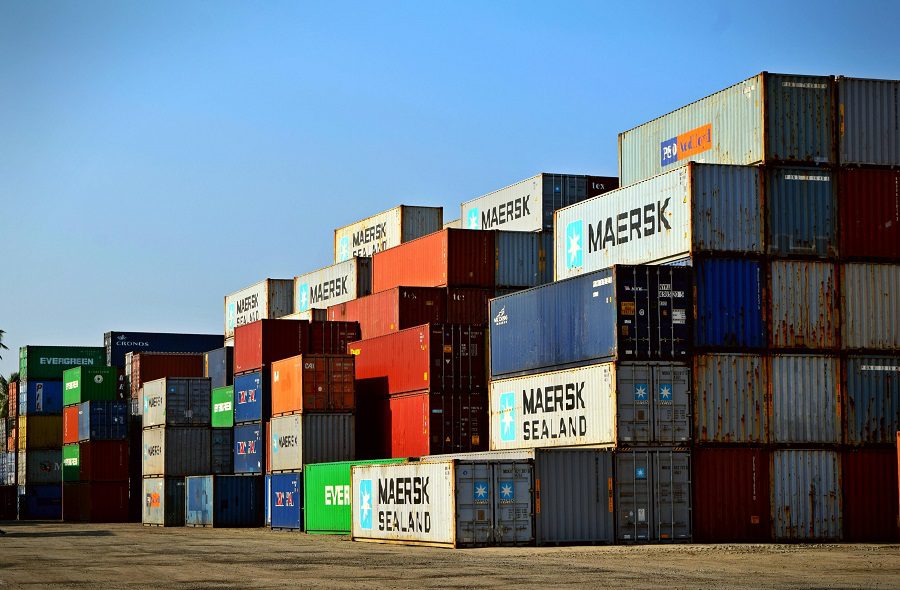I am looking for a legal expert in
in


A decision by the Commercial Chamber of the Court of Cassation on 17 January 2024, no. 22-15.551, provides an opportunity to review the way in which judges assess the possibility of the carrier exonerating himself from liability in the event of theft of the goods carried.
In both domestic and international transport, the carrier is liable in the event of loss occurring between the time the goods are taken over and their delivery.
In international transport, the so-called CMR Convention stipulates that the carrier is relieved of liability if the loss results from :
– a fault of the person entitled,
– an order from the person entitled not resulting from a fault on the part of the carrier,
– an inherent defect in the goods
– circumstances which the carrier could not avoid and the consequences of which he could not prevent.
When sued by its principal and its insurers, the carrier relied on this fourth ground for exoneration. He demonstrated that the theft at the airport of his trailer loaded with pallets of whisky, awaiting departure for France, had occurred in an apparently inviolable parking space, which was why he had rented it.
The store had visible security features, including gates, fencing, guard posts, security guards, a pass system and surveillance cameras. Nevertheless, thieves managed to break in and steal the goods.
According to established case law, theft does not generally constitute exceptional circumstances, unless it can be proved that the driver was forced to abandon his vehicle and that it was impossible for him to monitor it in any way (Cass. com., 2 May 2001, no 98-17.339; CA Paris, 9 Jan. 2003, no 2000/10081).
In this case, to exonerate the carrier, the Court of Appeal considered that the carrier could not have been aware of the lack of effectiveness of the security measures and their shortcomings, and that the daring nature of the flight prevented it from preparing for them and remedying them (Douai Court of Appeal, 27 Jan. 2022, no. 19/03907).
The absence of violence, the inadequacy of safety measures, the lack of lighting or specific surveillance in the rented area, the vast size of the aerodrome, and the presence of an advertisement for alcoholic beverages on the trailer were considered to be irrelevant.
The Court of Cassation dismissed the appeal, holding that there was nothing to indicate “that the carrier should (or could) have been aware, before the theft, of the security flaws it had revealed, or by what means it could have prevented them”.
The same solution was adopted, again in application of the C.M.R., in the case of a theft that occurred on the customs agent’s private site, even though the carrier, not being authorised to remain on the premises, had taken protective measures, namely parking the two trailers door-to-door in a rigid, closed enclosure surrounded by a locked gate and monitored by rounds and surveillance cameras (CA Lyon, 22 March 2018, no. 17/04399).
This decision confirms the need for hauliers to increase the number of security measures taken in goods storage and transit areas, and to document the precautions taken to guarantee the safety of these areas.